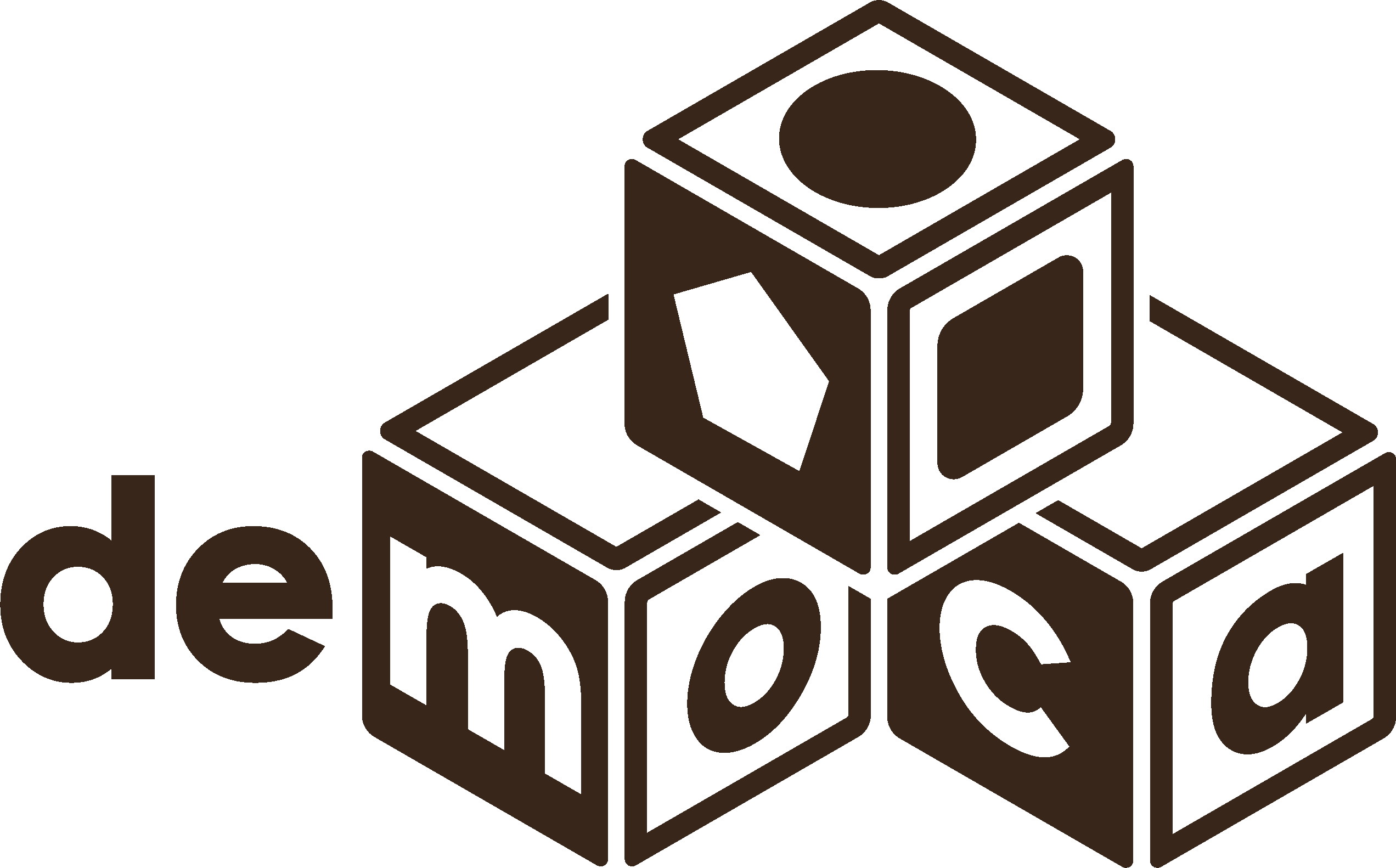
Montessori way to implement new habits with a toddler (Part 2) Practical tips you can do at home today!
Jan 16 , 2022
In the second part of this article, we focus on giving toddlers a sense of control and satisfaction, playing and learning together, apart, and alongside one another. There are multiple ways to make parenting more enjoyable, and we hope these practical tips will spark that parenting joy.
Practical life skills!
You can use the materials in your household to help them master spooning, wet pouring, food preparation, or cleaning. Toddlers should be able to choose between 2 clothing options, choose bedtime stories, put back toys when play is over, help parents with tasks around the house, wash their hands and teeth, some even their hair, drink from cups, and serve their own food and cleaning their plates once there are done. Yes, they can do all these tasks without adult help. Trust them!
Respect your child!
Show your child respect every day so they can feel heard, loved and learn how to offer the same care to others. You can start by asking their opinion to know that their point of view matters; they matter to the world. Choose wisely the words you use to describe them because the way you talk to your toddler becomes their inner voice. Avoid using labels and show your child you believe he will succeed so he believes too, and it goes the other way around too, so be careful. Don’t forget that actions speak louder than words, so practice what you preach regarding the behavior you’d like your toddler to have. Respecting your child is a great way to develop skills like decision-making or autonomy. Please encourage them to make decisions that concern them (choosing what to wear, or eat for example), ask for their opinion when solving a problem that needs all the family members.
Freedom within limits!
Let your child choose their daily activities based on their interests, but set limits when an action harms them or others. While it is okay to prepare their own snack (choose the fruits, wash them, peel the vegetables, put them on the plate), it’s not okay to use the stove to cook it. While it’s okay to go outside and play, leaving the backyard on the roads full of cars is not safe. According to their age, the goal is to support their independence by prepping their own snack, dressing, eating, sleeping, or toileting. Try including them in the process as much as possible, but don’t rush or force it. Once they gain more control over these activities, we don’t interfere to correct or quicken but rather encourage, observe and respect their attempts (like tying their shoes, brushing their teeth). The uninterrupted work they put on each assignment allows toddlers to focus on their tasks for as long as they want and master each skill—step in ONLY when you have to. Also, freedom comes with responsibility, a fundamental principle in Montessori.
Do not praise but rather ENCOURAGE!
Do not force respect, sharing, or being sociable. It would help if you focused more on positive interaction with materials, encourage patience, respect, and calm. Of course, tantrums happen even in a Montessori home, and when those happen, we offer a safe place for the toddler to process their emotions while parents remain calm. After that, we try to find its cause and provide a solution to prevent it from happening again. We respect all of our child's emotions by validating their strong feelings. As parents, we should practice observations daily to see those little things that matter the most for our children, like their habits, interests, struggles, or small joys. This will help us make changes when needed to either our behavior or our home to offer more learning opportunities and their voices to be heard more. Sit back and focus on their fine motor skills, gross motor skills, language, independence, interests, social interactions, or self-control.
You can practice self-observation to see how you can help them. Do you often correct or interrupt them? Why do you do it? Because it is messy or because it’s not safe? Does your toddler help with the meal prep? And how about the cleaning up after they are done eating?
